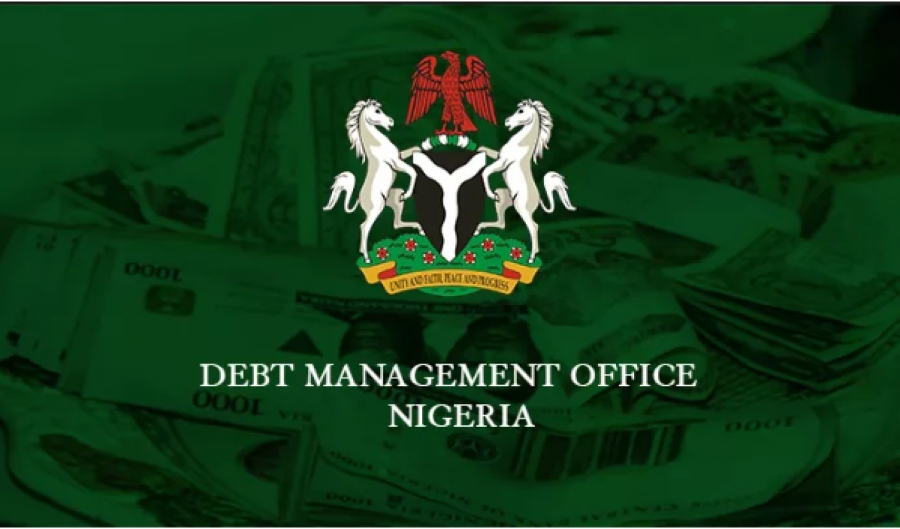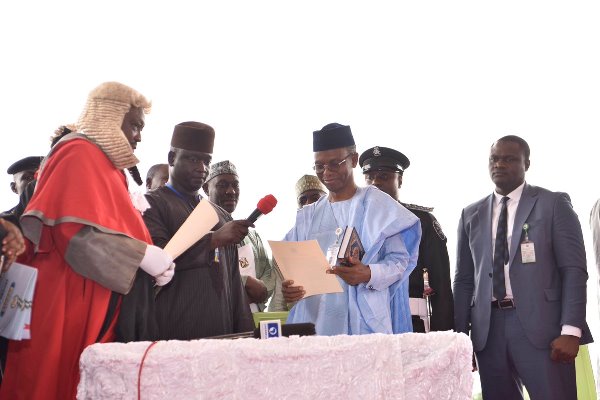The Debt Management Office (DMO) has urged the Lagos Chamber of Commerce and Industry (LCCI) to support the Federal Government’s initiatives to grow its revenue and reduce debt.
The Director-General of the DMO, Patience Oniha, said this in a statement on Thursday in Abuja.
Oniha was reacting to a report by LCCI condemning the Federal Government’s reliance on borrowings to fund budget deficits.
The chamber had said in its report that staying within the current Debt-to-Gross Domestic Product (GDP) threshold was an unreliable means of calibrating Nigeria’s current debt burden.
According to the LCCI, government must review its borrowing parameters on the basis of the country’s Debt-to-Revenue ratio, which currently calls for concerns.
Oniha said that the Federal Government was aware of the country’s relatively high Debt Service-to-Revenue ratio and had published the figures over the years.
She said that the country’s low revenue base and over-dependence on crude oil receipts were primarily responsible for the debt situation.
“The primary reason for the high Debt Service-to-Revenue ratio is because Nigeria’s revenue base is low.
“Furthermore, the government is largely dependent on the sale of crude oil as a major revenue source.
“We agree with the LCCI that measures to increase revenues should be initiated by the public sector.
“Organisations such as the LCCI are encouraged to support the government in its revenue growth drive, which will subsequently reduce the Debt Service-to-Revenue ratio,” she said.
Oniha said that the need to develop infrastructure, create jobs and grow the economy made it imperative for the country to borrow.
She, however, said that the government was already taking steps to increase and diversify its revenue sources as well as reduce its dependence on borrowings.
“Infrastructure development, job creation and economic growthj in the face of relatively low revenues, require the government to borrow at least in the short term.
“Due to the low revenue base, the Federal Government is already implementing measures to increase and diversify revenues and subsequently, lower Debt Service-to-Revenue ratio.
“Among these initiatives are the Strategic Revenue Growth Initiative (SRGI) and the annual Finance Acts.
“To reduce the level of direct borrowing, the government also actively engages the private sector to participate in infrastructure development through various initiatives such as the Infrastructure for Tax Credit Scheme.
“The Federal Government also established the Infrastructure Corporation of Nigeria Limited and other Public-Private Partnership arrangements that are guaranteed by the government,” she said.
She said that if Nigeria had access to the volume of revenue some other African countries had, its debt situation would not be so burdensome.
“If Nigeria, with a Revenue-to-GDP ratio of nine per cent generated revenues close to countries like Kenya, Ghana and Angola, its Debt Service-to-Revenue would be lower.
“Kenya has Revenue-to-GDP ratio of 16.6 per cent, Ghana: 12.5 per cent and Angola: 20.9 per cent.
“This position is buttressed by the fact that the highlighted countries have higher Public Debt-to-GDP ratios. Kenya has 67.9 per cent, Ghana: 78.9 per cent and Angola: 136.5 per cent.
“Compared to Nigeria’s 22.80 per cent, yet these countries record relatively lower Debt Service to Revenue ratios due to their higher Revenue-to-GDP ratios,” Oniha said.












